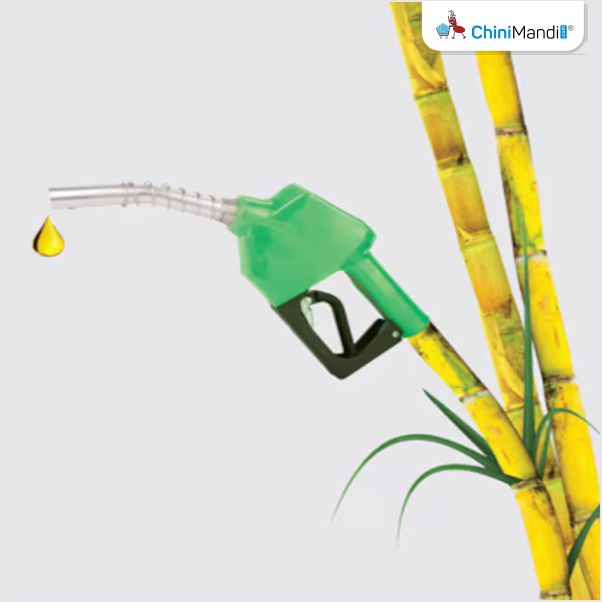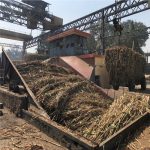New Delhi: India’s sugar farmers have voiced strong support for the government’s ethanol blending program, calling it a scientifically sound and environmentally responsible initiative that also boosts rural incomes.
The National Federation of Cooperative Sugar Factories (NFCSF), a key organization representing sugar cooperatives across the country, backed the Ministry of Petroleum and Natural Gas (MoPNG) after it dismissed concerns about potential harm to vehicle engines from ethanol-blended petrol.
In a statement Monday, the ministry said claims about damage to older vehicles from E20 petrol, a blend of 20% ethanol and 80% petrol, were unfounded. It assured the public that the fuel does not significantly affect engine performance or fuel efficiency.
NFCSF Managing Director Prakash Naiknavare welcomed the ministry’s clarification, saying it was based on solid research. “The Ministry has rightly cited extensive domestic and international studies showing that E20 does not negatively impact engine performance, fuel economy, or durability, even in older vehicles,” he said.
He noted that top Indian institutions, including the Automotive Research Association of India (ARAI) and the Indian Institute of Petroleum (IIP), have conducted thorough testing to confirm the safety and efficiency of ethanol blending. Additionally, Indian Oil Corporation’s R&D division has established that E20 is compatible with a wide range of vehicles.
The Ethanol Blending Programme (EBP), a key component of India’s energy policy, has led to major benefits, officials said. These include lower carbon emissions, reduced dependence on imported crude oil, and increased payments to farmers.
According to government figures, the program has helped cut carbon dioxide emissions by more than 700 lakh tonnes and saved over ₹1.2 lakh crore in foreign exchange since 2014–15 by reducing oil imports.
Ethanol production has also enabled payments of more than ₹1.04 lakh crore to farmers, helping stabilize incomes in rural areas. Naiknavare emphasized that the initiative has helped make the sugar industry more financially stable by ensuring timely payments to farmers.
“It has reduced the sector’s dependence on government aid and contributed to the growth of a rural bioeconomy while enhancing India’s energy independence,” he said.

















